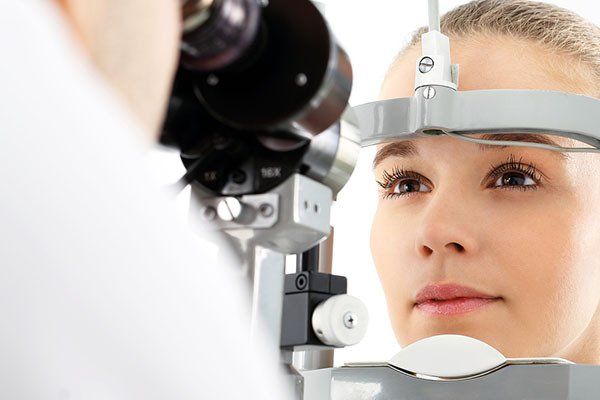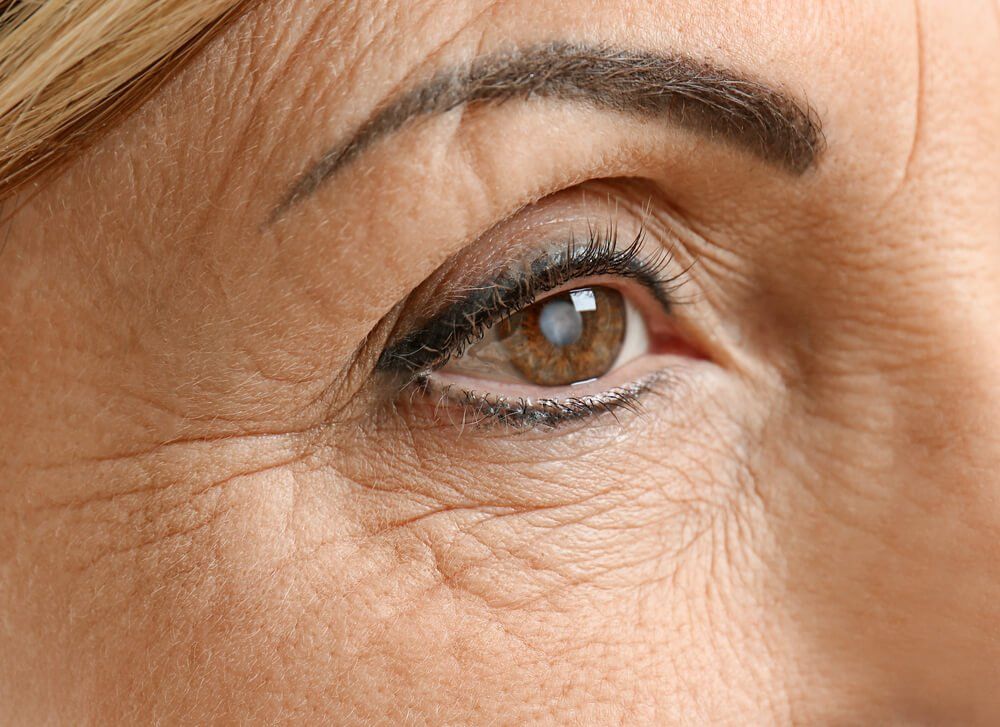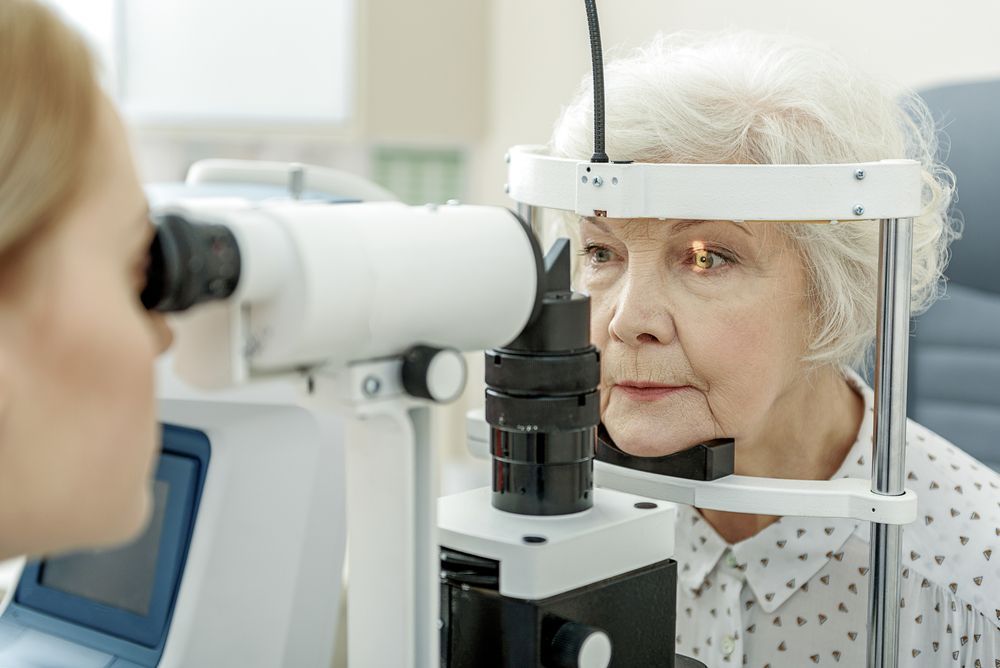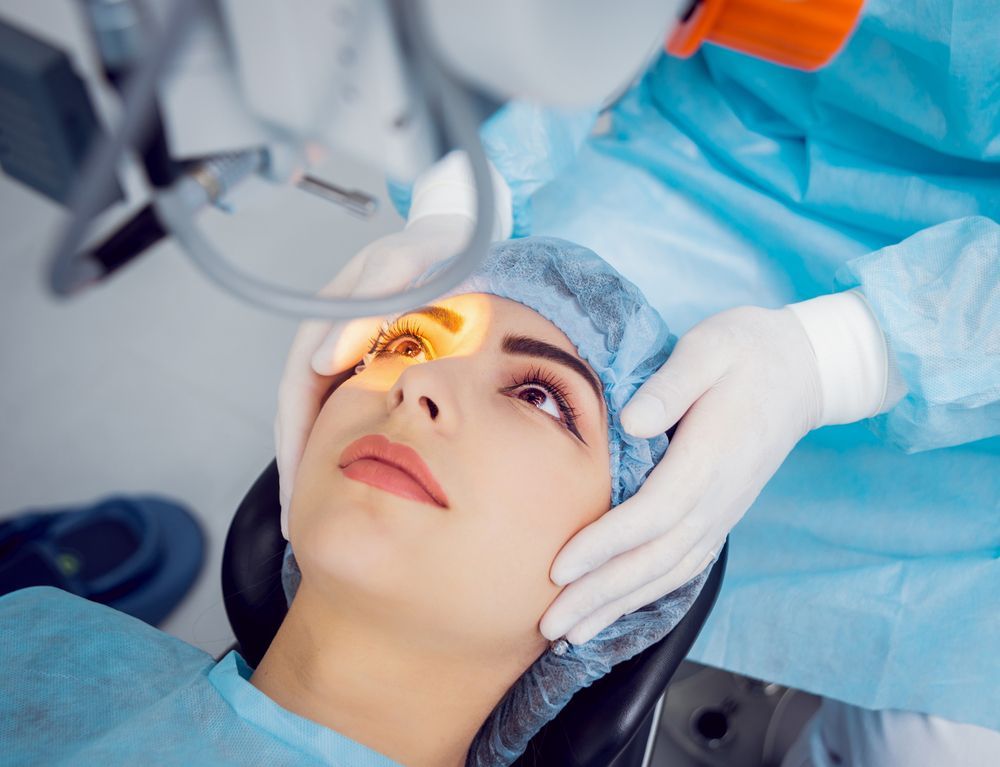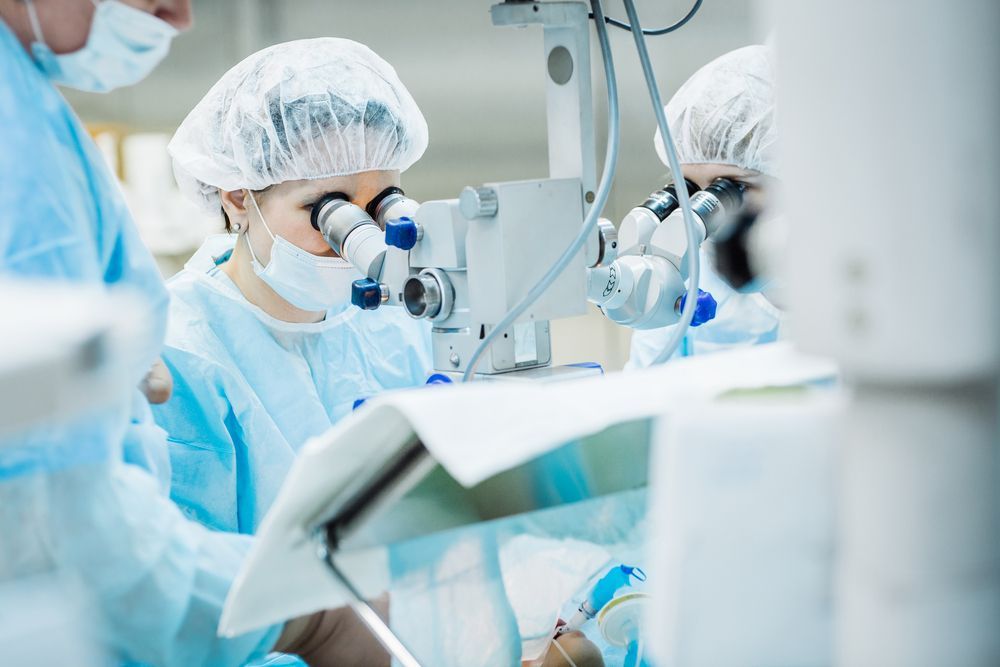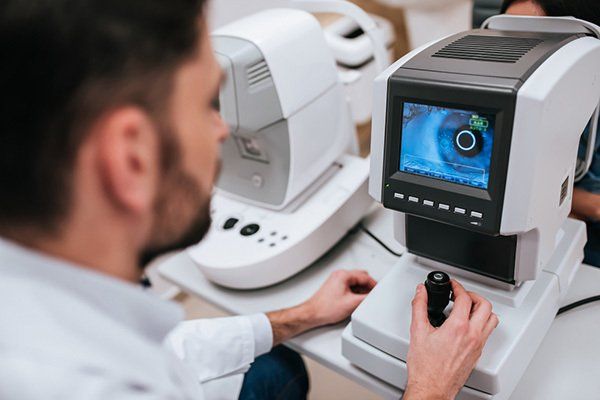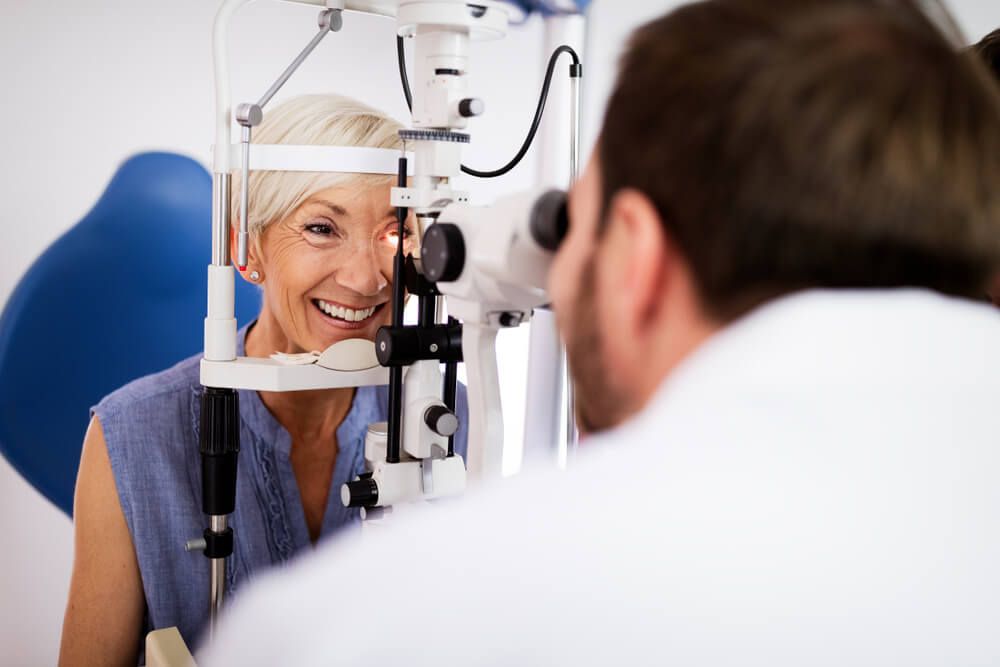

After Cataract Surgery Care
LEAVE YOUR EYE PAD ON UNTIL YOUR POST-OPERATIVE APPOINTMENT THE MORNING AFTER YOUR SURGERY. DO NOT INSTILL ANY DROPS.
- Bathe your eye twice a day (morning & night) with saline solution. You will need to use a clean gauze square for each wipe across the lid. Wipe from the inner corner of the eye and outward. Use a fresh gauze square for each wipe of the eye. DO NOT WIPE THE SURFACE OF YOUR EYE, ONLY YOUR EYELIDS
- Tape your eye shield over the operated eye each night for one week postoperatively. This will give you added protection from bumping your eye during the night.
- Use your drops after each bathing and at the other times as directed:
- You have two types of drops:
- TOBREX (antibiotic drop).
- MAXIDEX (anti-inflammatory drop).
After your operation, you need to use both types of your drops in the eye that was operated on until your next appointment with Dr Glastonbury. You should leave about 2 minutes between the instillation of each type of drop. Shake the eye drop bottles before using them. Drops should be instilled four times a day – BREAKFAST, LUNCH, DINNER & BEDTIME without touching the surface of your eye with the tip of the bottle.
DO
- Wear sunglasses while outdoors; you will be more sensitive to glare in the post-operative phase.
- You may read or watch TV if you can tolerate it; you will not harm your eye.
- Ask Dr Glastonbury when you can drive again. Definitely DO NOT drive on the day of surgery or the day after surgery.
- Bring your eye drop bottles to the post-operative appointments.
DON’T
- Don’t rub or put your fingers into your eye.
- Don’t apply pressure to the eye when instilling the eye drops
- Don’t bend your head lower than your chest for two weeks.
- Don’t lift anything heavy for two weeks following your surgery.
- Don’t sleep on the same side as your healing eye for one week. Sleep on the opposite side or on your back.
- Don’t be concerned about washing your hair. You can wash it under the shower but close your eyes.
IMPORTANT
Contact the surgery if:
- Your vision deteriorates significantly and suddenly.
- If you experience deep, SEVERE pain in your eye.
- If you develop a yellowish discharge from your eye.
Please Remember:
It is very important that you have assistance available to you in the immediate post-operative period when you return home and overnight. You will still have residual anaesthetic agents in your body, and you will also experience a degree of visual impairment due to your operated eye being patched. This can alter your depth perception when attending to certain domestic tasks in the home, such as pouring hot water. There is also an increased risk of falling postoperatively.
It is a requirement of the North Queensland Day Surgery that you have someone to accompany and stay with you in the immediate post-operative stage.
You have had an operation, and you will have some post-operative discomfort, as with most surgery. If you have had your other eye operated on in the past, please be aware that the post-operative phase for your current surgery may not follow the same recovery path as your other eye surgery. This is not abnormal.
- You may experience some dull aching discomfort in the first 24-hour period postoperatively above your eyebrow, or you may experience it as a dull headache. You should have effective pain relief available for this period of time should you need it. Please
DO NOT TAKE ASPIRIN
for pain following your eye surgery.
- You may experience a sensation of having something in your eye in the first few days postoperatively. You may notice your eye is watery. This is your incision, and over the first few days, you may notice this sensation, particularly when you are blinking, tired or trying to focus on a TV screen or computer screen when your eye may be a little dry. This sensation will improve. If you are concerned, please call our rooms on 47 798008 for further instruction and advice.
